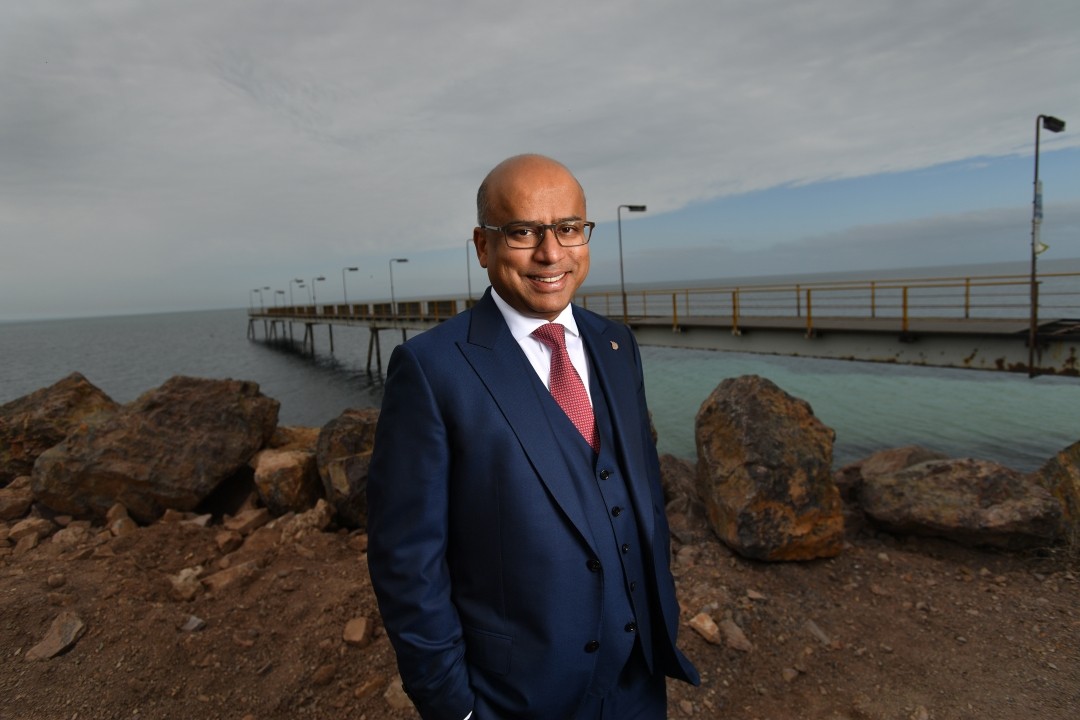Another smear aimed at Gupta.
Any Port supporter who pays a cent to these arseholes needs their head read.
There is precisely zero evidence Gupta would have trouble financing the mill. He could do it with the change down the back of his couch.
On SM-G960F using BigFooty.com mobile app
Any Port supporter who pays a cent to these arseholes needs their head read.
There is precisely zero evidence Gupta would have trouble financing the mill. He could do it with the change down the back of his couch.
On SM-G960F using BigFooty.com mobile app





